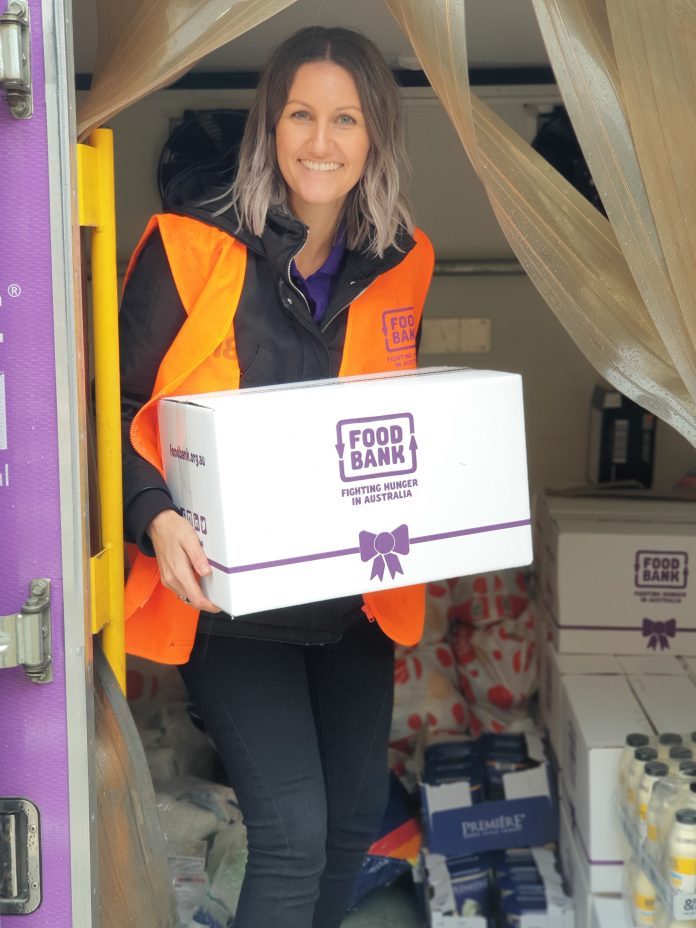The inability to afford period products has hidden and severe consequences including missing school or work or using unhygienic items such as socks, newspapers and rags as replacements, potentially leading to medical issues. Foodbank Hunger Report 2023 revealed that 29% of food insecure households need more period products from charities and community groups.
The report also found that 47% of food insecure households were requesting more everyday household items such as cleaning and personal care products with the cost of living being the main reason for so many households doing it tough.
Research by Share the Dignity, a charity dedicated to sourcing and distributing period care products to those who need it, found that 19% of high school students often or sometimes stayed at home because they could not afford pads or tampons while one in ten tertiary students and employees reported having trouble buying period products every month for the same reason.
“Providing access to essential period care products is about more than just health,” says Foodbank Australia CEO Brianna Casey. “It’s about dignity, comfort and confidence when they turn up to school or work and providing them with what they need to simply be themselves.”
Recognising these critical needs, Foodbank Australia’s Week of Care (15-20 July) highlights the significant impact everyday personal care and household products have on dignity and creating a sense of normalcy during tough times.
The campaign acknowledges the essential role that Foodbank’s partners play in supporting Australians in need by providing a range of items, from period, baby, and personal care products to bathroom and laundry products.
Foodbank Australia acknowledges and thanks Amazon, Beiersdorf, Henkel, Kenvue Kimberly-Clark, L’Oreal, Proctor & Gamble, PZ Cussons, Reckitt, Unilever, and Sorbent for their ongoing support in supplying non-food products.

